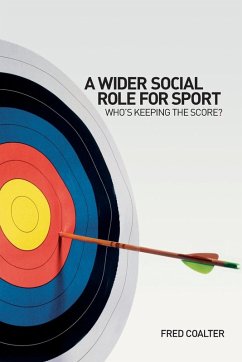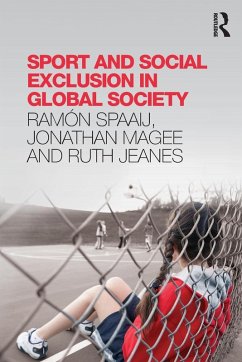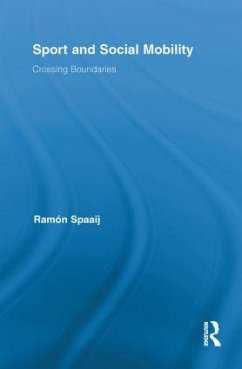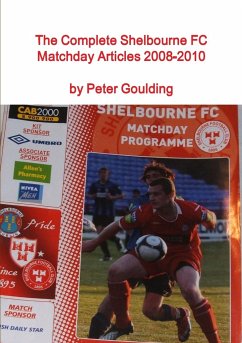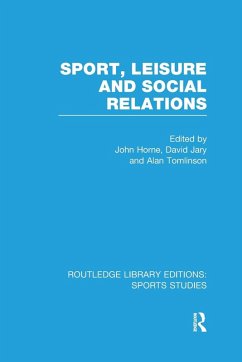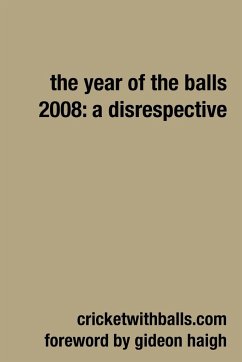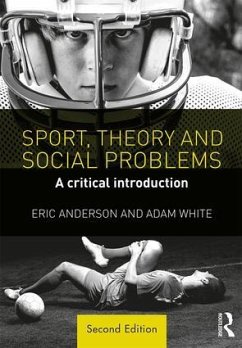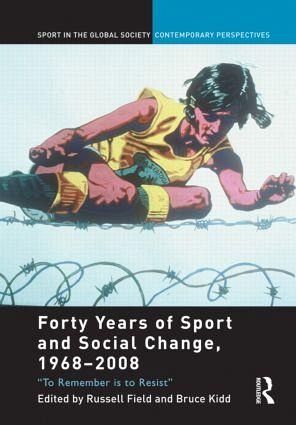
Forty Years of Sport and Social Change, 1968-2008
To Remember is to Resist
Herausgeber: Field, Russell; Kidd, Bruce
Versandkostenfrei!
Versandfertig in 1-2 Wochen
63,99 €
inkl. MwSt.
Weitere Ausgaben:

PAYBACK Punkte
32 °P sammeln!
From the Mexico Olympics of 1968 to the events surrounding the Olympic torch relay leading up to Beijing 2008, sport has been a site for political and human rights struggles. This book captures the memories of important historical actors involved and presents the latest scholarly analyses of past and present these efforts.





